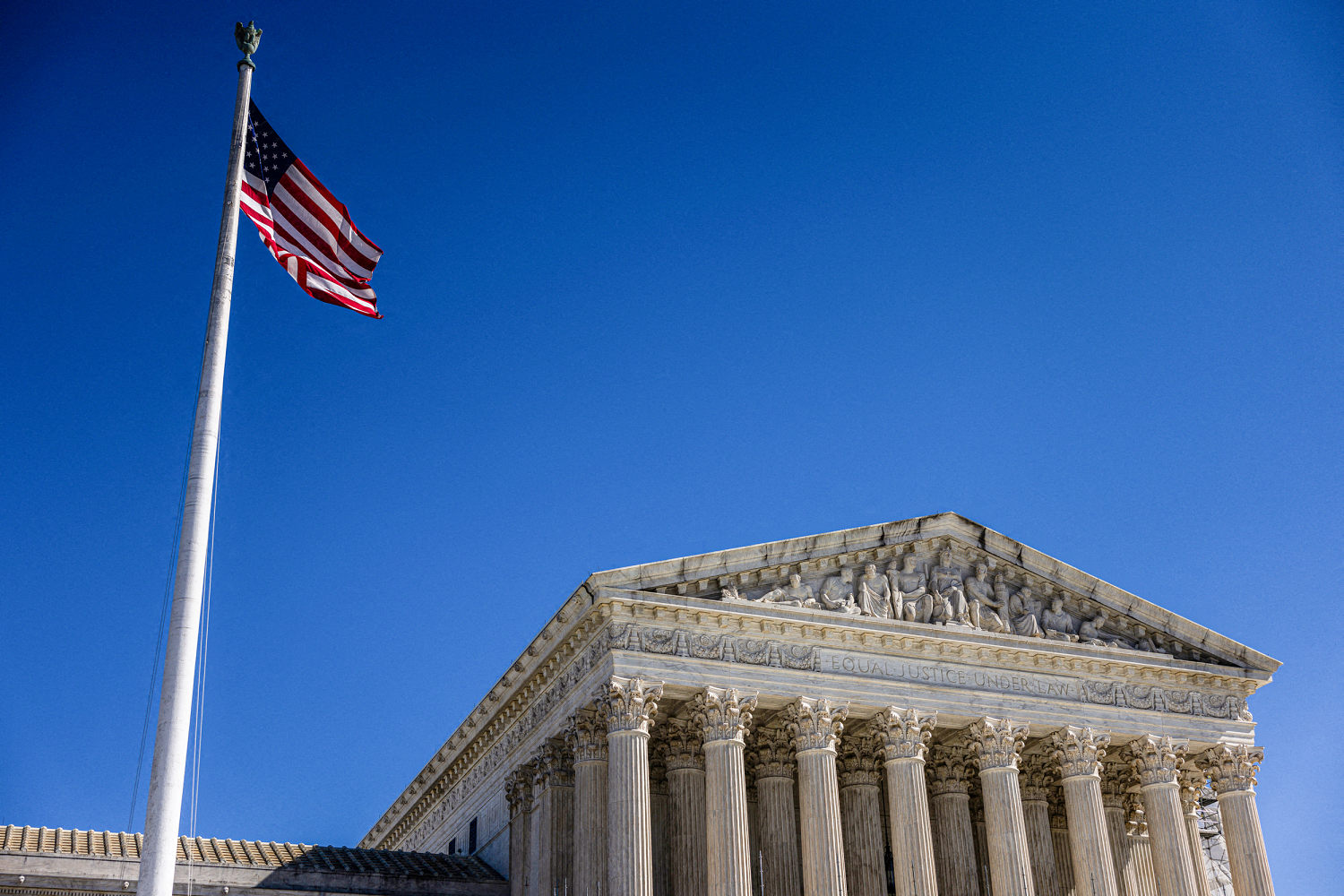
WASHINGTON — The Supreme Court on Friday rejected a challenge to a Federal Communications Commission program that subsidizes phone and internet services in underserved parts of the country.
In a decision written by Justice Elena Kagan, the court ruled that Congress did not exceed its authority when it enacted a 1996 law that set up the Universal Service Fund, which requires telecommunications services to submit payments to subsidize “universal service.”
The court also said the FCC could delegate its authority to a private corporation called the Universal Service Administrative Company to administer the fund.
“Nothing in these arrangements, either separately or together, violates the Constitution,” Kagan wrote.
The justices were divided 6-3, with three conservative justices dissenting.
The fees, generally passed on to customers, raise billions of dollars a year that are spent on providing phone and internet services, including for schools, libraries and hospitals.
Challengers said the program violates the “nondelegation doctrine,” a theory embraced by conservatives that says Congress has limited powers to delegate its lawmaking authority to the executive branch.
Lower courts were divided over the issue, with both the FCC and a coalition led by Consumers’ Research, a conservative group, asking the Supreme Court to weigh in.
Opponents call the Universal Service Fund fee a form of tax and say only elected officials, not bureaucrats, have the power to impose it.
The 1996 law is particularly problematic because it does not tell the FCC how much money it can raise via the program, the challengers’ lawyers argued.
The court has a 6-3 conservative majority that has undercut the authority of government agencies in a series of recent decisions.
That had led some commentators to wonder if it would use the FCC case to turbocharge the nondelegation doctrine.
The current court has not yet embraced the nondelegation doctrine, although in different contexts, a majority of justices have indicated support for it. If the court did reinvigorate the idea, agencies would face new limits on their powers to implement existing laws and programs that seek to enforce open-ended laws enacted by Congress.
Although the Trump administration has sought to weaken federal agencies by firing thousands of workers, its lawyers defended the FCC in the case. The administration took over the case from the Biden administration, which had appealed the case to the Supreme Court.
President Donald Trump has tried to expand the powers of the presidency at the expense of Congress and the judiciary, so his administration’s position in the case is consistent with that approach.
